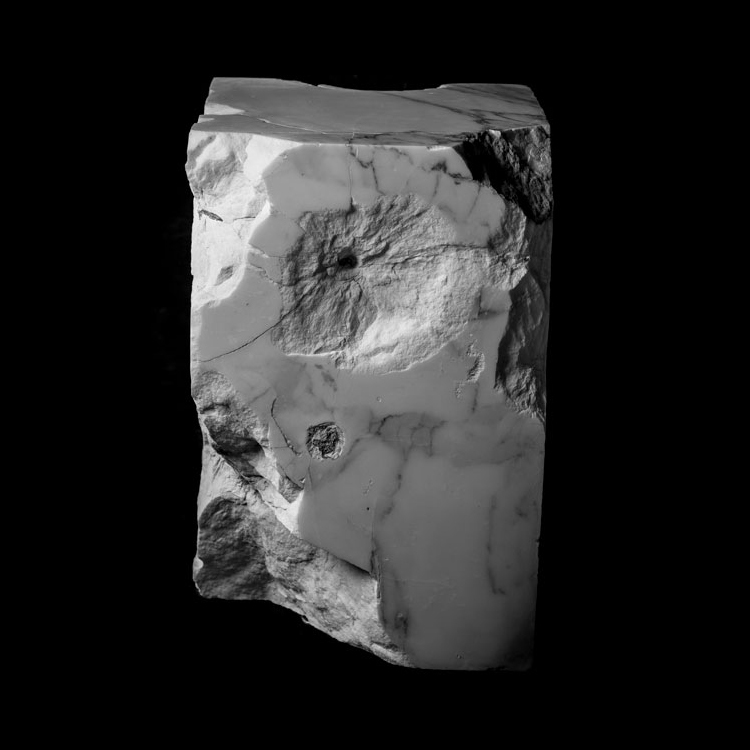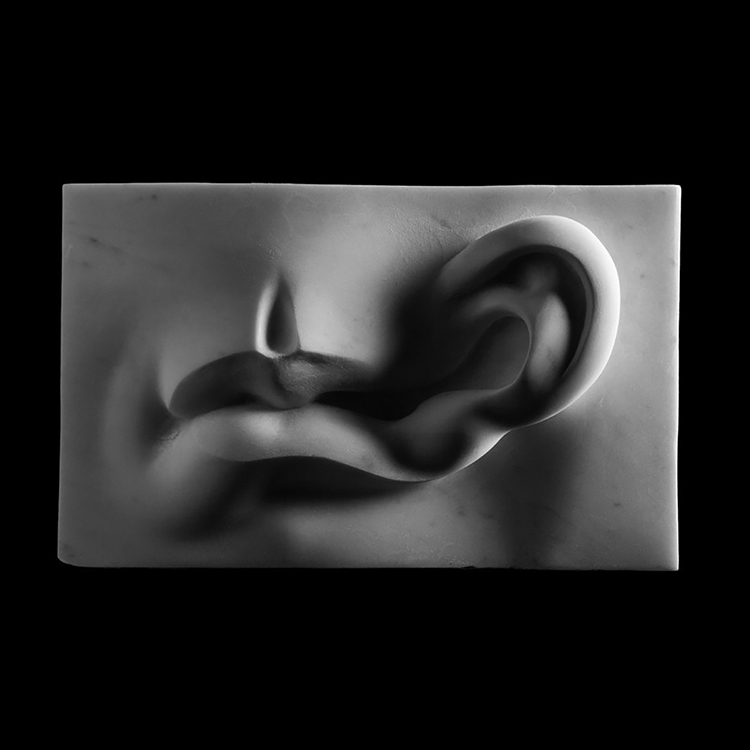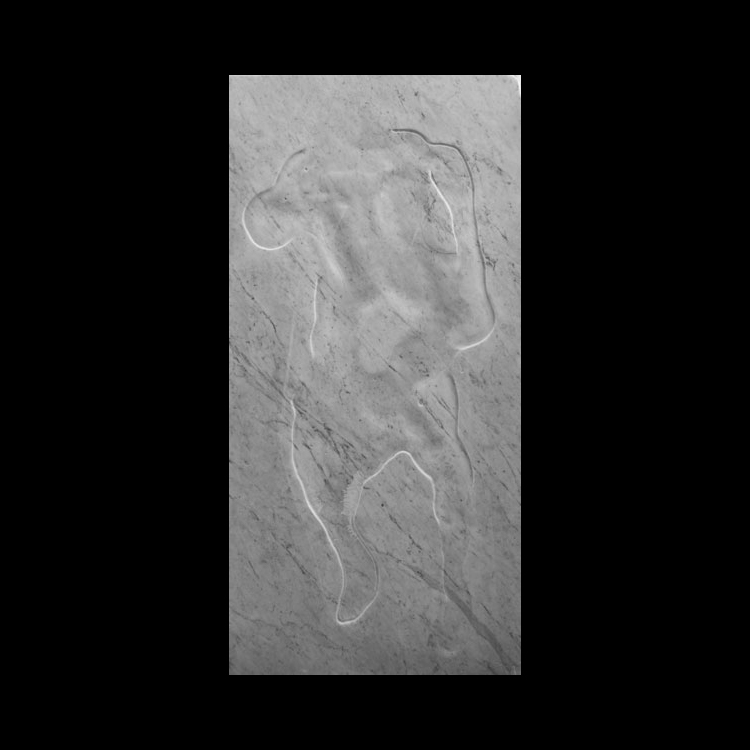
Thank you!
Thanks for signing up!
I’m glad you’re here.
ATTENTION!
Before we can add you to our mailing list we need you to confirm your email address.
In a moment, you should receive an email to do so. Please go to your inbox, open the mail and click the button to confirm that it’s the correct email address to receive our newsletter.
After that, you’ll be on our list and you’ll start receiving our newsletter,
We will not clog up your inbox, promised.
You will receive our newsletter not more than once a month, with news about Athar Jaber’s artistic activities such as exhibitions, lectures, workshops or the launch of new limited editions and special offers.
Thanks again!
Athar Jaber
































